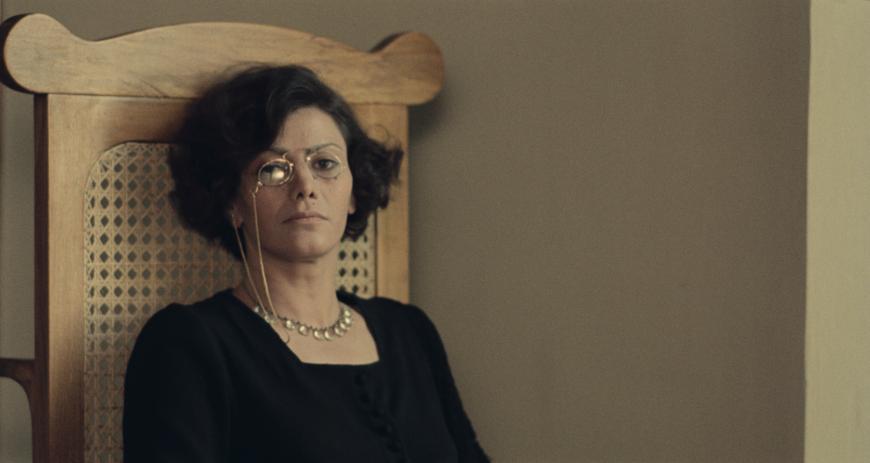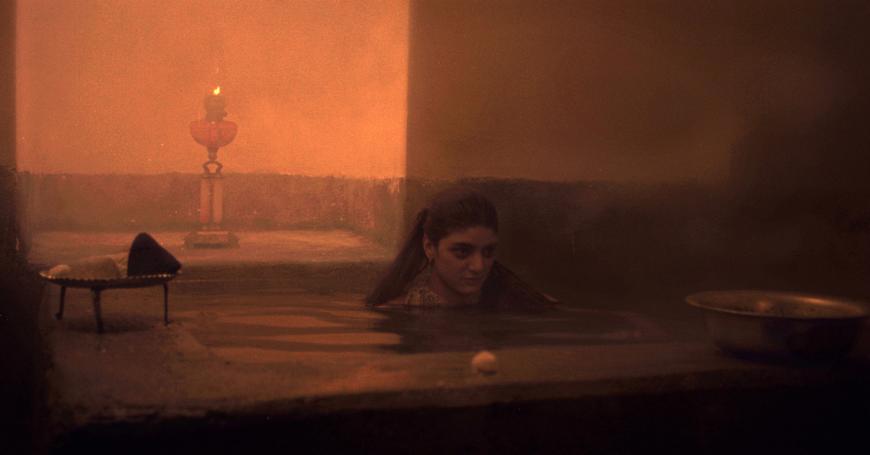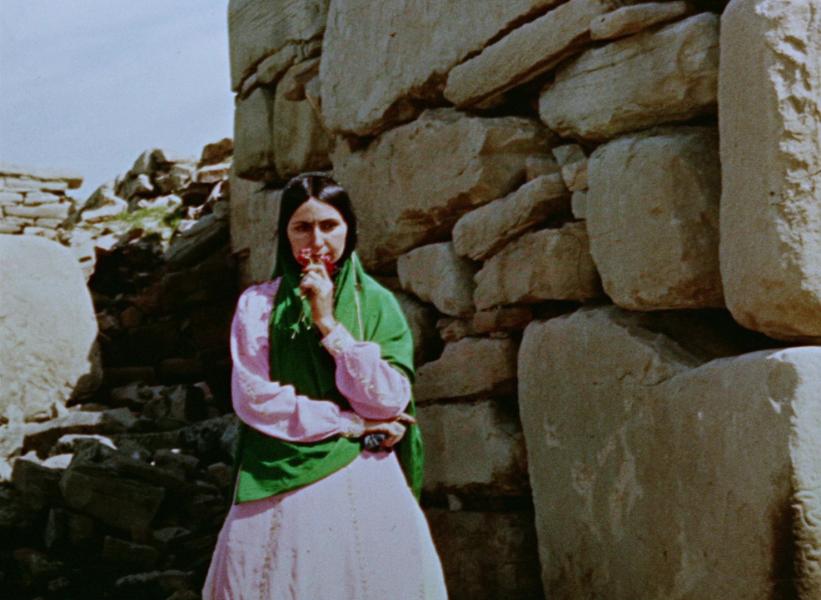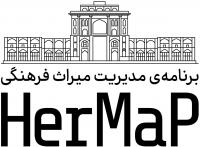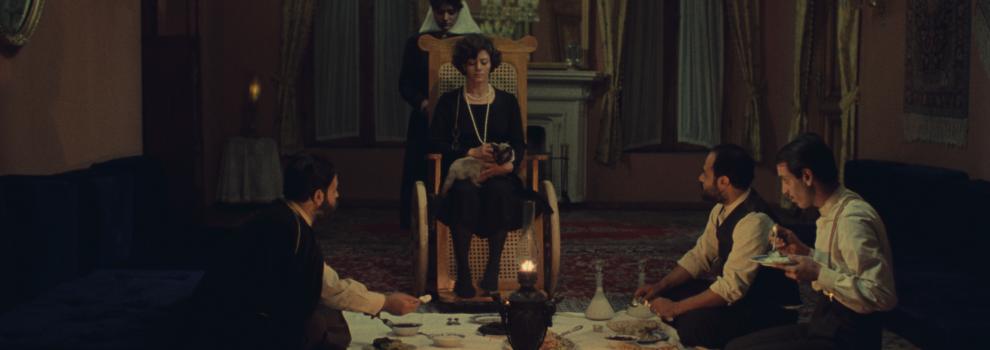
Chess of the Wind – Mohamed Reza Aslani
Past event
Cancelled
Postponed
27 Mar.'22
- 19:00
Focus on Iran
The film will be introduced by the daughter of the director, Gita Aslani Shahrestani, and followed by a digital Q&A with the director.
Screened publicly just once before it was banned and then lost for decades, the story of this film's rediscovery is as intriguing as the narrative itself. When the children of director Mohammad Reza Aslani found a pile of film cans adorning the shopwindow of a junk store in Teheran in 2014 they were astonished to find out that they contained an intact copy of the film. After being smuggled out of the country to Paris, restoration began at The Film Foundation's World Cinema Project, along with Cineteca di Bologna.
A hypnotic murder mystery awash in shivery period atmosphere, Chess of the Wind unfolds in an ornate, candlelit mansion where a web of greed, violence, and betrayal ensnares the heirs to a family fortune as they vie for control of their recently-deceased matriarch’s estate.
Filmmaker and poet Mohammad Reza Aslani (1943, Iran) is best known for his experimental films and documentaries. He studied painting at the university in Tehran and graduated from the Technical School of Television and Cinema. Aslani is also a renowned poet and he was an influential figure in The New Wave Poetry of Iran.
The film will be preceded by the shortmovie The Crown Jewels of Iran by Ebrahim Golestan
This short film was commissioned by the Central Bank of Iran to celebrate the collection of crown jewels in its treasury. Golestan took up the task and created this visually stunning work but turning it into a commentary on the deceitful and decadent lives of past kings. This was of course not appreciated by the Sha’s regime and therefore heavily censored. The Cineteca di Bologna gloriously restored the work now so it can now be seen in its original state.
Ebrahim Golestan (1922, Iran) was a journalist and writer of novels before he turned to making films as a professional occupation. Golestan founded his own film studio in 1958 with a loan from western oil companies. Instead of hiring professionals, he scouted for young talent with whom he formed a diverse team.
In the framework of the EU Project HerMaP – Heritage and Management Project Europe-Iran
Practical information
Dates
Location
Studio
Rue Ravenstein 23 1000 BRUSSELSLanguage
- Farsi
- Subtitles: English
IRN, 1976, DCP, 100'
